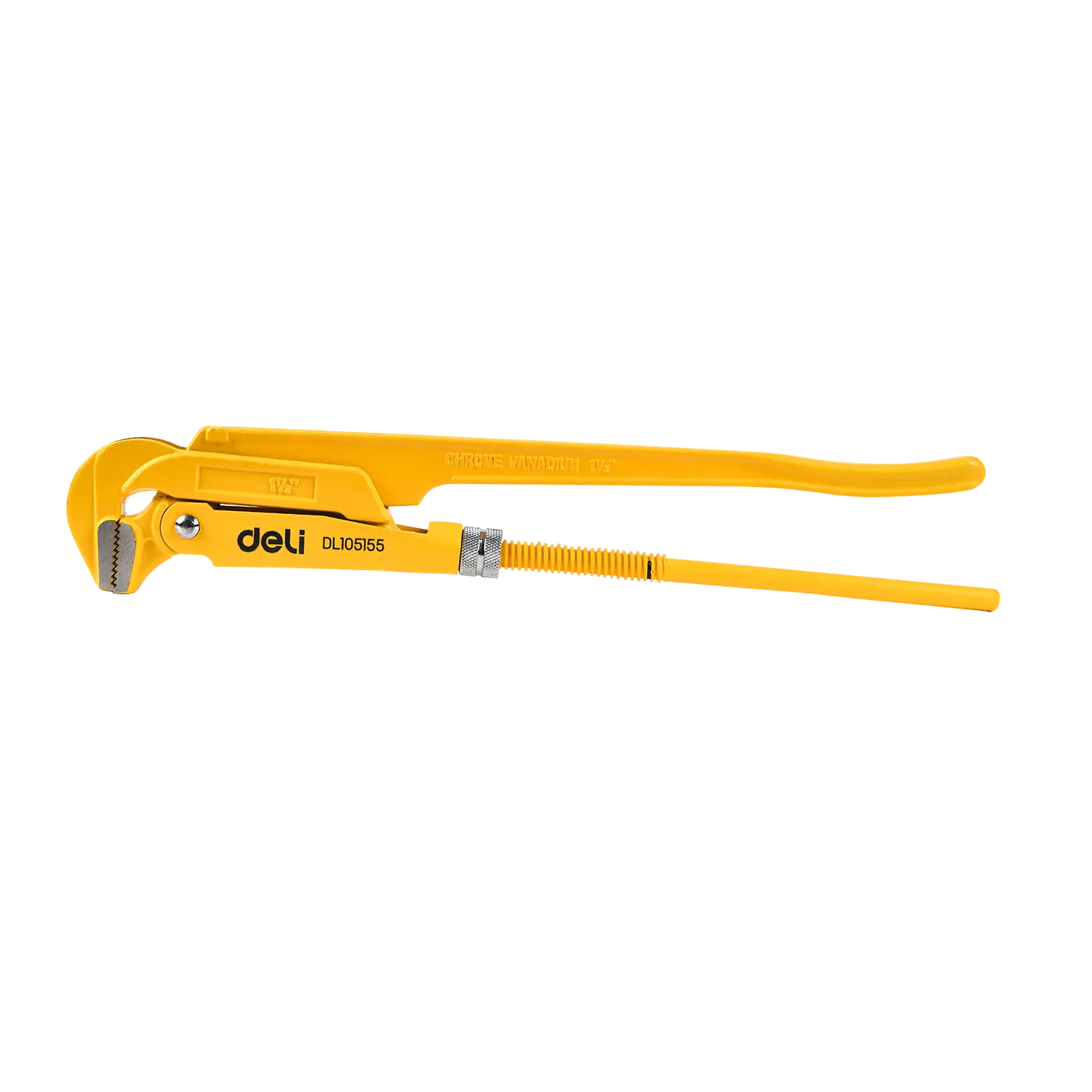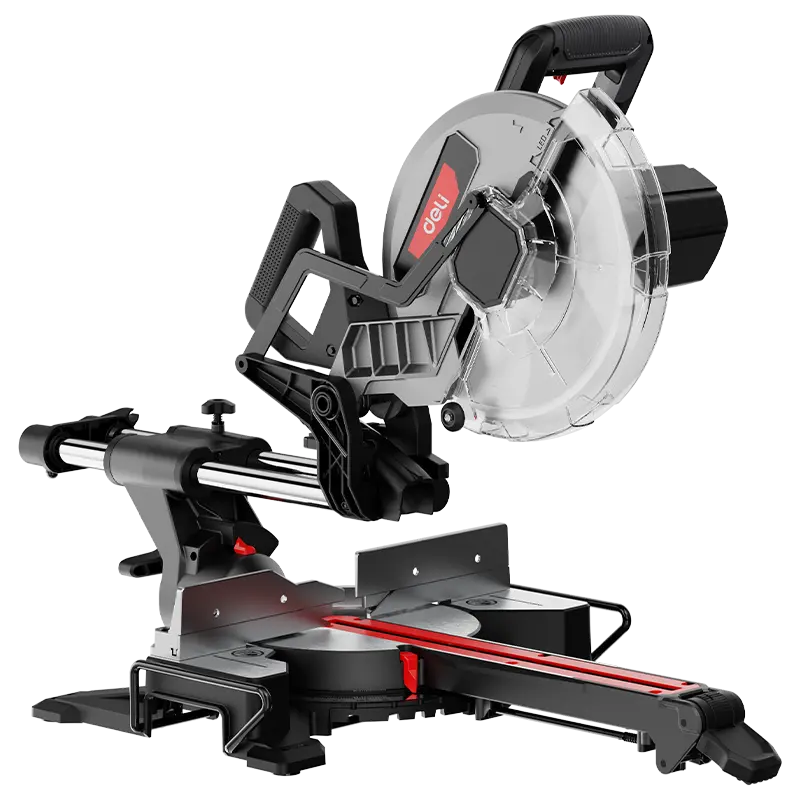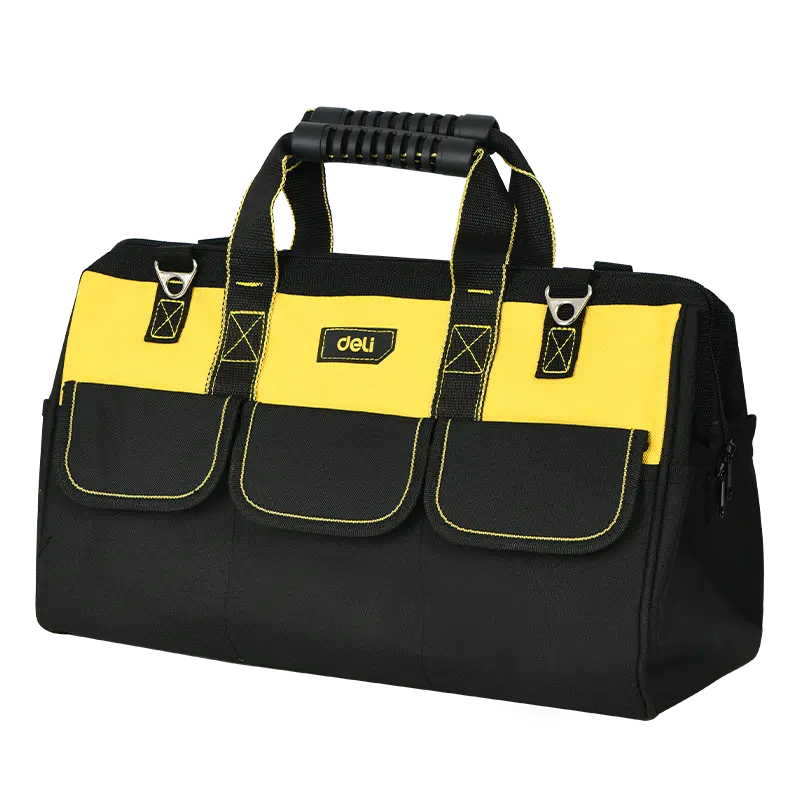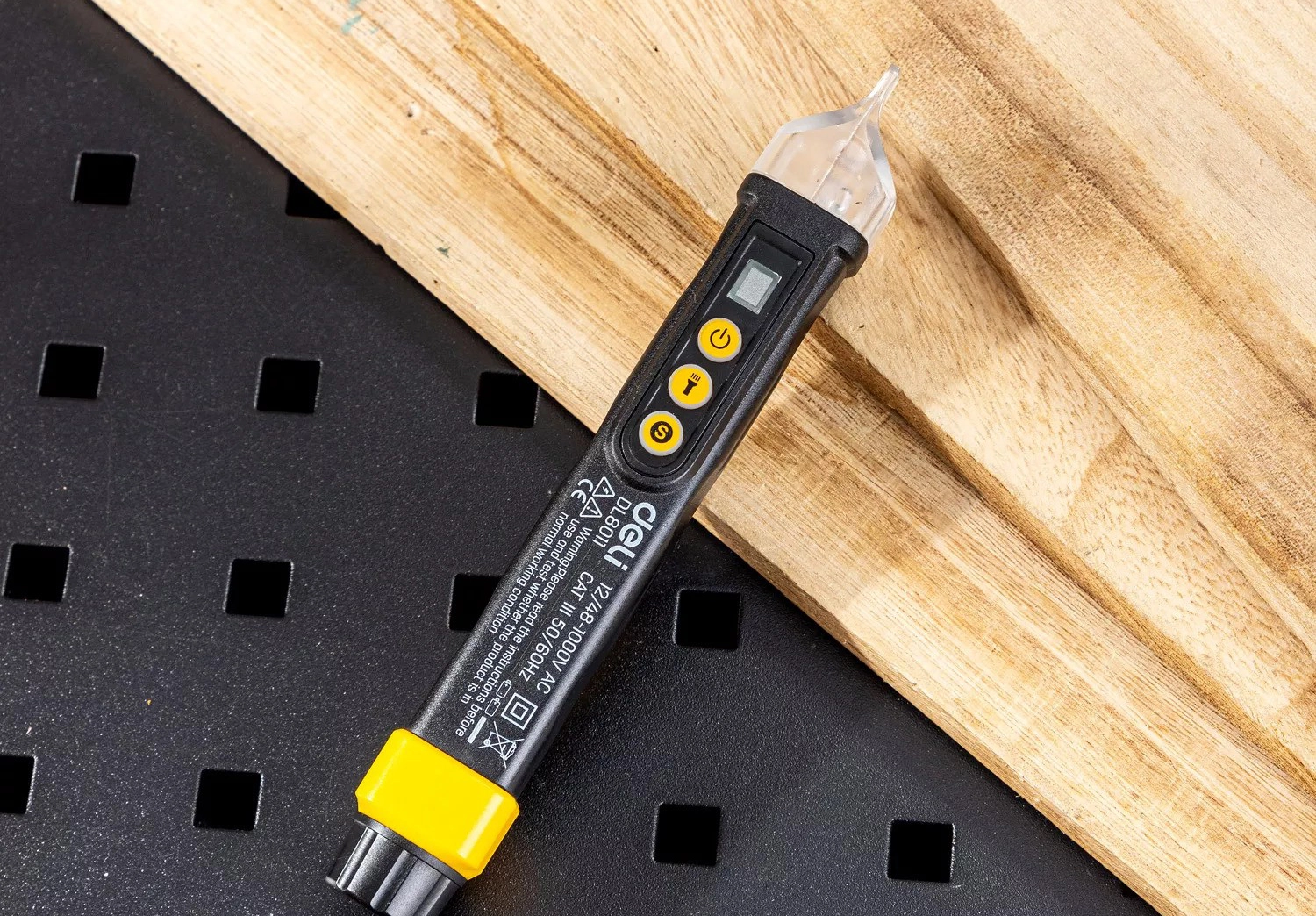Personal Protective Equipment refers to the protective equipment that all operators on the construction site need to wear.
Why choose the right protective gloves for different occasions?
What kinds of protective gloves are commonly used on power construction sites?
What kinds of protective gloves are commonly used in the chemical industry?
What other personal protection products are there?
Why choose the right protective gloves for different occasions?
When using protective gloves, after analyzing the workpiece, equipment and operating conditions, select gloves made of appropriate materials and easy to operate in order to play a protective role. But for jobs that require fine tuning. Wearing protective gloves is inconvenient to operate, especially for operators who use drill presses, milling machines and conveyors and in places where there is a risk of pinching. If gloves are used, there is a risk of being entangled or pinched by machinery. Therefore, personnel engaged in these operations are strictly prohibited from using protective gloves.
What kinds of protective gloves are commonly used on power construction sites?
Labor protection gloves. With the function of protecting hands and arms, workers generally use these gloves when working.
Insulating gloves for live work. Choose the appropriate PPE equipment suppliers according to the voltage, check the surface for defects such as cracks, stickiness, brittleness, etc. If there is any abnormality, it is forbidden to use.
Acid and alkali resistant gloves. Mainly used for gloves when in contact with acids and alkalis.
Rubber oil-resistant gloves. gloves are mainly used for various solvent operations in contact with mineral oil, vegetable oil and fatty clusters.
Welder's gloves. Protective gloves worn during electric and fire welding operations should be checked for stiffness, thinness, holes and other imperfections on the surface of the leather or canvas. If they are defective, they are not allowed to be used. gloves should be long enough that the wrists should not be exposed.
What kinds of protective gloves are commonly used in the chemical industry?
Latex gloves. Latex gloves are suitable for automobile manufacturing, battery manufacturing; glass fiber reinforced plastic industry, aircraft assembly; aerospace; environmental cleaning and cleaning. Latex gloves have wear resistance, puncture resistance; acid and alkali resistance, grease, fuel and various solvents, etc.
Nitrile gloves. It is mainly used for food processing, electronic component production, chemical and other factory protection, and is also widely used in hospitals, scientific research and other industries. Nitrile gloves contain no protein, no allergic reaction to human skin; non-toxic and harmless; durable, high elasticity, high strength, and good adhesion. Can effectively protect organic solvents. Due to its excellent performance, it is gradually replacing the use of latex gloves.
What other personal protection products are there?
1. Hard hat
On the construction site of power construction, the safety helmets worn by workers are mainly to protect the head from injury. It can protect a person's head from injury or reduce the degree of head injury in the following situations.
2. Seat belt
On the construction site of electric power construction, there are many operations at high places and overlapping operations. In order to prevent the operator from falling at a certain height and position, the operator must fasten the safety belt when climbing and working at high places.
Personal Protective Equipment, commonly referred to as "PPE", is equipment worn to minimize exposure to hazards that cause serious workplace injuries and illness. Deli Tools understand the safety always come first in the working environment, and we can provide protective clothing, helmets, gloves, face shields, safely goggles, facemasks and/or respirators or other equipment designed to fully protect the wearers or workers.


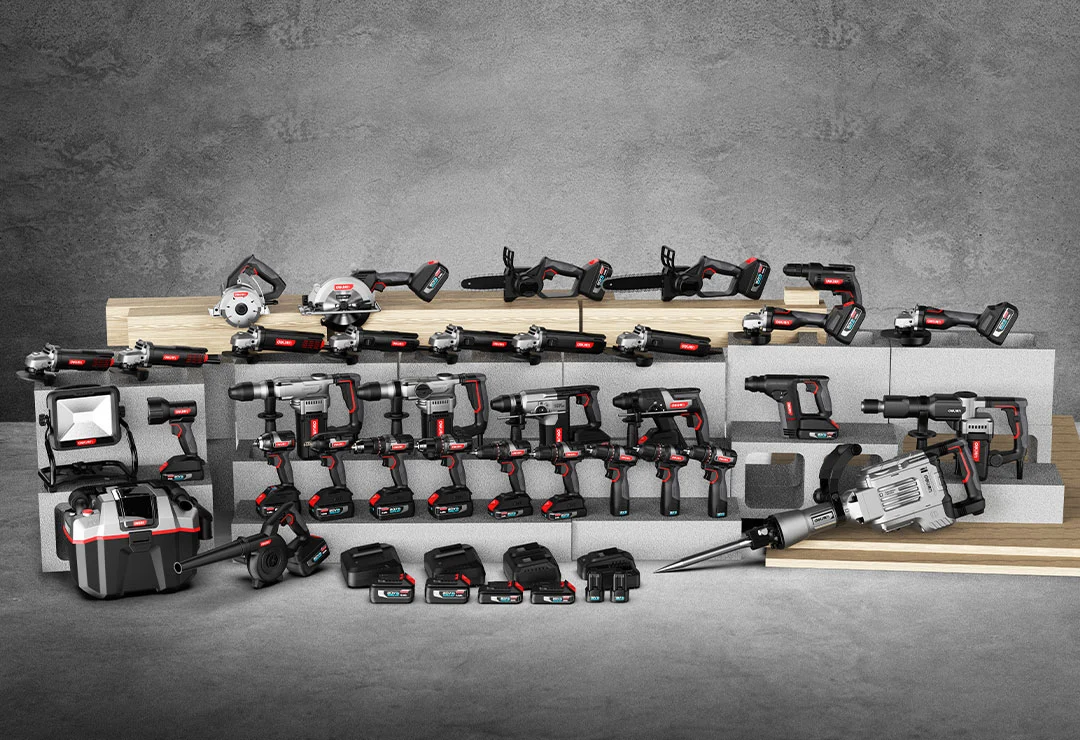

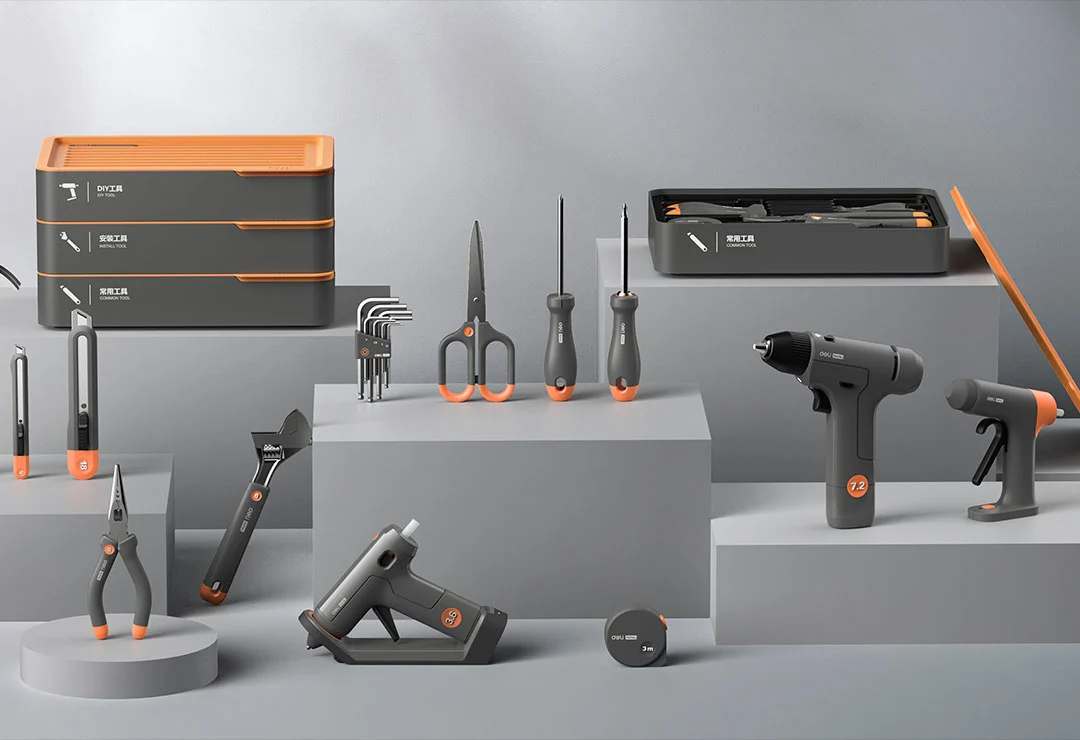

 EN
EN
 jp
jp  ko
ko  fr
fr  de
de  es
es  it
it  ru
ru  pt
pt  ar
ar  vi
vi  th
th  hi
hi  pl
pl  id
id  el
el 